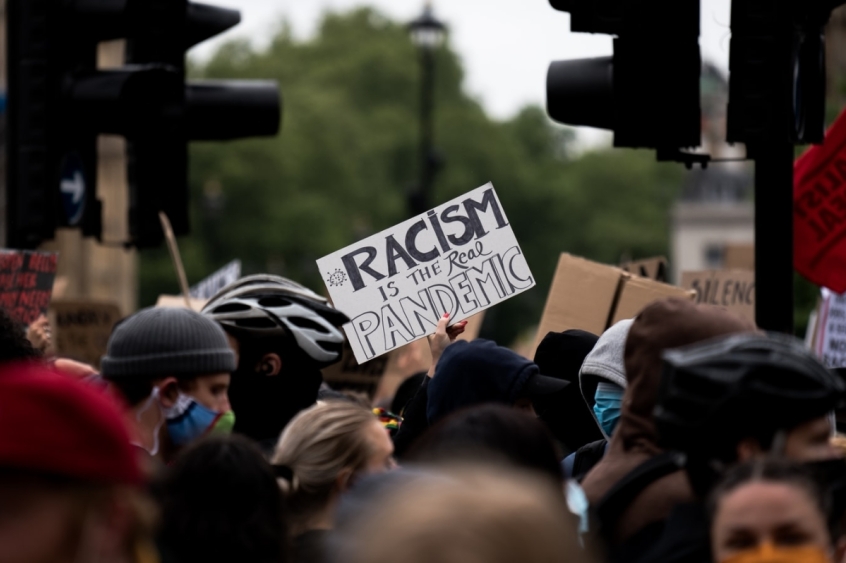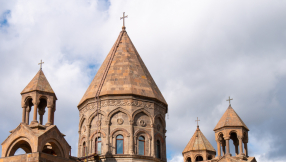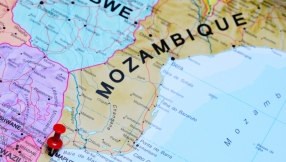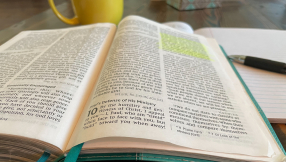
Britain is still profoundly uncomfortable with race, says Reni Eddo-Lodge in her best-selling book, Why I'm No Longer Talking to White People About Race. With that challenge in mind, how the Christian community expresses itself across the boundaries of race and ethnicity is a significant pointer to its determination to strive for unity.
Ben Lindsay is a black pastor of a white majority church, and author of Why We Need to Talk about Race. He says, 'There is a huge difference between churches being diverse and churches being inclusive. Attracting black people to church isn't difficult. For many of us, as black people, church is a major part of our life and heritage. Creating inclusive communities, however, where black people feel that they are a valued part of the culture, not just observers, is more complicated. Sadly, the racism we see in society we also face in the Church, through a combination of ignorance, naivety and white privilege.'
He continues, 'It's worth mentioning that what I mean by integration is not assimilation, where people leave their culture behind to be accepted into another. Integration means being included in, and creating and contributing to, church culture.'
Much of my working life has been in contexts where Christians from different cultures and races have worked together for the cause of the gospel. Such partnerships across racial boundaries are mutually beneficial and strategically significant, and we have looked together at the Bible with new eyes, and have learned much from the radical discipleship of believers in Asia, Africa and Latin America. But the process has not always been sweetness and light. There have been uncomfortable moments of disagreement.
As a white British male, I have become more and more aware of the way in which my cultural background can so easily express - or at least be perceived as – a new form of cultural imperialism or superiority. As I have listened over the years, I realize how I might be seen by people of other racial backgrounds: they are rightly concerned about issues of power or control, of wealth or privilege. Many of us have had to change from a white-centric view of God's church, and tackling these issues in our Christian community is part of our response to the 'all-one-in-Christ' manifesto.
In church contexts where there are minorities, it is vital that the majority group deliberately seeks to understand and to change, as we see in the story of the minority group feeling neglected in Acts 6. A few chapters later in Acts 15 we see how the early church came to recognise the importance of both strengthening the sense of unity that we possess in Christ, but also celebrating and benefitting from the cultural diversity God has created.
'Multiculturalism in the church is not a quick-fix marked by simple tolerance of one another or by some idealistic retreat into politically correct language', says Manuel Ortiz in a helpful book on models for developing a multi-ethnic church.
It's a huge issue, and it needs addressing in our churches. Several British church leaders from whom I sought advice recommended open and honest discussion in the Christian family, helping us to understand the issues and begin to introduce the necessary change.
At the practical level, one leader explained their early steps, and how they sought to include the Iranians attending the church, finding practical ways forward such as having Iranian subtitles on the powerpoint slides, or an Iranian translating the sermon, or explaining the sermon to a bi-lingual Iranian who then teaches it to his fellow Iranians. I have been in many church settings where it has been important to encourage people to pray in their own language.
There are many other ways in which we can express the gospel inclusivity for which we must strive, and we should welcome and support such initiatives as The One People Commission, launched by the Evangelical Alliance to bring together national church leaders of all ethnicities to work across racial lines. Steve Clifford and Yemi Adedeji have published a resource book encouraging greater integration of Christians of different ethnic backgrounds, called The Impossible Dream (available from the Evangelical Alliance), which encourages greater integration of Christians of different ethnic backgrounds.
Now is the time to urge one another to live by the counter-cultural manifesto which Paul declared to an equally fragmented culture in the first century: 'There is neither Jew nor Gentile, neither slave nor free, nor is there male and female, for you are all one in Christ Jesus' (Galatians 3:28).
This is a modified extract from chapter 14, 'No more tribalism', from the book Essentially One; striving for the unity God loves by Jonathan Lamb, published by IVP.













